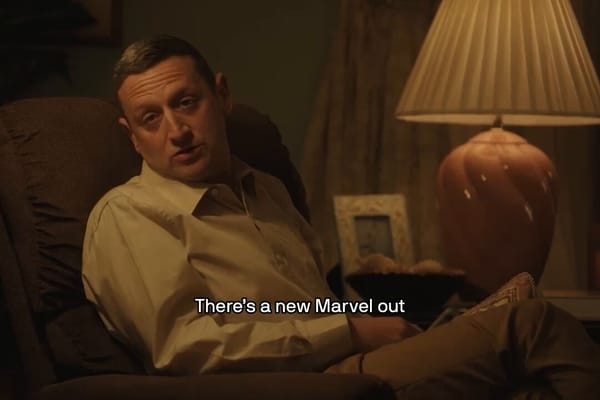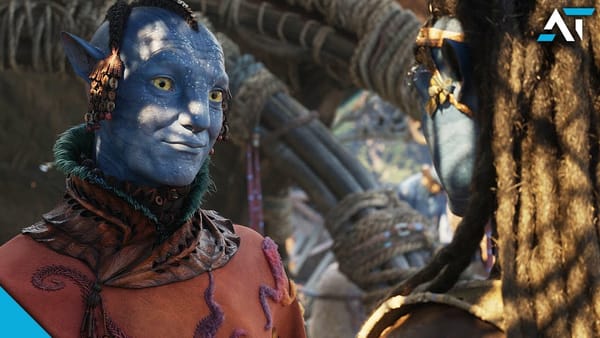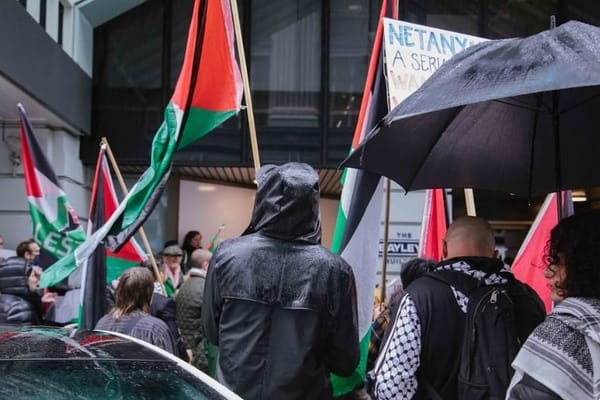Exorcist Master
Day 20 of my 31 Days of Horror viewing

For the last few years, I have used October to give myself a viewing assignment: a different horror film each day. Now that I have escaped the real life horror of New Zealand’s public service, I intend to write a piece inspired by each film.
My twentieth film is Wu Ma’s Exorcist Master / 驱魔道长 (1992).

Back in 2014, wife of the Substack Nabilah and friend of the Substack Steph performed a skit as part of a horror-themed performance set. In this performance, Nabilah played a Langsuir (an undead figure from Malay folklore) and Steph played a Ba Jiao Gui (the Chinese equivalent). Set in a future Singapore, the two spirits were competing for ownership of the last banana tree (a traditional home for both) on the island. This may sound like a tangent but I think it is instructive of just how effectively colonial dynamics can be mapped onto horror figures.

As mentioned in an earlier piece, the inclusion of competing cultural or religious truths is much more common in Asian cinema than in films from Hollywood or Europe where the hegemonic point of view of coloniser tends to dominate. For countries that are thinking about life after the official end of European colonisation (including both Hong Kong and Singapore), there is need to reconcile multiple viewpoints of colonised (and sometimes colonising) peoples. None of this is specific to Exorcist Master but you’d be hard pressed to find a film that dramatises these dynamics in such an entertaining way.
The ubiquitous Lam Ching-Ying is Uncle Nine, the same Taoist priest he plays in the Mr Vampire franchise. Along with his disciples Star and Moon, he is forced to intervene when a series of supernatural events start taking place around a Catholic Church. The corrupt mayor is pushing to reopen the church to undermine Uncle Nine and to smuggle drugs into the community. Father Wu (played by director Wu Ma) is genuine in his faith and uninvolved with the conspiracy but butts heads with Uncle Nine over their different religious traditions. When a Western vampire (played by the only white actor in the film) is awakened under the church, the rival priests decide to put their differences aside to join forces.

The film’s treatment of Christianity is fascinating, and not only because it is portrayed as just one truth among many. Wu Ma has fun cribbing iconography from Western horror films: a priest is impaled by a crucifix (an escalation from The Omen’s opening kill), a possessed man vomits green goo (like The Exorcist) and Western vampire tropes like aversion to garlic sit alongside jiāngshī lore. Uncle Nine struggles with social cues at the best of times and here inadvertently offends Christian sensibilities time and time again from pissing on the side of the church to biting Wu’s fingers when he receives the Eucharist. The crude representation of Christianity: an over-abundance of tonsures, primary-coloured stained glass windows and congregations singing ‘hallelujah’ on repeat, smacks of occidentalism and I am 100% here for it.
The filmmaking is not always as strong as Ricky Lau’s in his jiāngshī films. The fight scenes are mangled with repeated cutting between unrelated action beats creating the illusion of movement. In the horror scenes, the camera swoops around the set, incapable of staying still. We’re well and truly in the 1990s.

But any clumsiness in the execution is completely blown away by how batshit crazy this film is. The heightened use of religious imagery is hilarious and it is constantly one-upping expectations. I adore how unafraid jiāngshī films are of ‘going there’.



